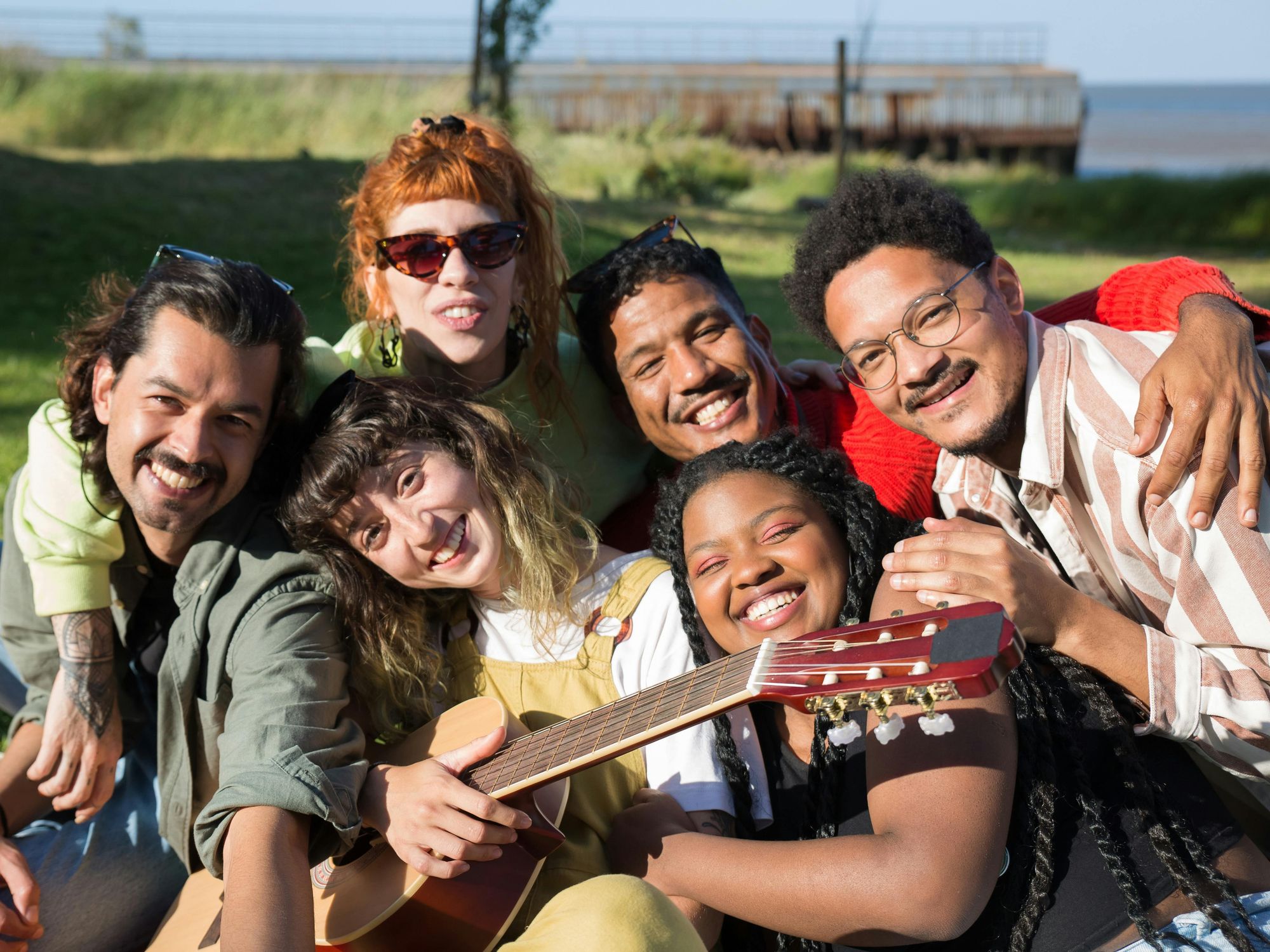
There’s something very fascinating about looking at the history of the world and, more specifically, the history of our people and culture. Latinos have a rich history no matter where they come from and some people are more interested and connected to it than others. Latina history buffs are more connected than anyone because their interest in the past, cultural heritage, and historical events simply knows no bounds. Are you a Latina history nut? Here are 8 signs that say yes, you definitely are:
You know the ins and outs of your family history

Photo by Laura Fuhrman on Unsplash
Most Latina history buffs start with their own family. Throughout the years, you’ve found a lot of joy in uncovering the stories of your ancestors. You’ve had long talks with your elders, mostly your grandparents and your great-grandparents if you’re lucky enough to have known them, and you’ve looked at every family album. You know where your family comes from and their heritage is one of the things you cherish most in the world.
Latin American history is your jam

Photo by Anete Lusina on Pexels
Latin American history is anything but dull to you and you’ve dived deep into it. You love exploring different times in history and you look into historical figures that fascinate you, especially overlooked or misunderstood Latinas. You know everything about your country’s history but you’ve also learned about independence movements across Latin America, revolutions, and other pivotal events. You also keep up with modern-day developments, especially the ones that have made history. Like Mexico electing their first female President!
You appreciate historical artifacts and art

Photo by Sofya Borboris on Pexels
You seek historical artifacts, art, and cultural relics every chance you get. There’s something very magical to you about seeing objects that were around at different times and the insights they offer. Latina history buffs often plan cultural vacations and focus their itineraries around the kinds of museums, historical sites, archaeological sites, and historical landmarks they can visit. That’s much more interesting to them than, say, the most popular restaurants.
Historical fiction and nonfiction are your go-to genres
 Photo by Eliott Reyna on Unsplash
Photo by Eliott Reyna on UnsplashLatina history buffs are usually avid readers because that’s how they get a lot of their information. They also enjoy good documentaries that explore Latin American history, culture, and heritage. That’s why their go-to genres are historical fiction and nonfiction. Whether it's factual accounts, biographies, memoirs, or fictional narratives set in historical contexts, you eat those books, documentaries, and movies up! They’re your favorite and, when it comes to historical fiction, you make a game out of spotting any inaccuracies.
History is one of your favorite subjects to discuss

Photo by RDNE Stock project on Pexels
You enjoy engaging in discussions, debates, and dialogues about historical topics, events, and controversies related to Latin America. Whether the topics come up in casual conversation or you’re active in online forums or academic circles, exchanging perspectives, sharing knowledge, and exploring diverse viewpoints is something you enjoy. History is not a thing of the past to you, you can see how it influences today’s world, so it’s always a relevant topic.
You support historical preservation efforts

Latina history buffs and history buffs in general are quite passionate about the preservation of historical sites, landmarks, and cultural heritage. That’s why they usually advocate for conservation efforts, support conservation and restoration projects, and promote cultural tourism. You understand how important it is to protect history's physical remnants and try to imprint that respect on others.
You love going to historical destinations

Photo by Sara Mejía on Unsplash
While beaches, good food, and shopping opportunities are a big part of traveling, you focus a lot more on historical destinations. Whether it's exploring ancient ruins, colonial towns, revolutionary sites, or cultural museums, your trips are always an opportunity to explore something new and connect to the past you’ve come to know so well through your interest in history.
You share your historical knowledge

Photo by Antoni Shkraba on Pexels
If you’re a Latina history buff, you’re probably that one friend who always drops relevant historical facts in casual conversation. You know many interesting and cool facts about history, heritage, and culture, and there’s always a way for you to share that knowledge with others. You’re probably the go-to person for history lessons in the family and you often inspire people to appreciate the significance of the past.









